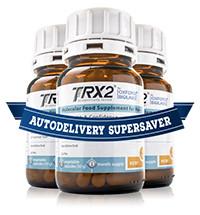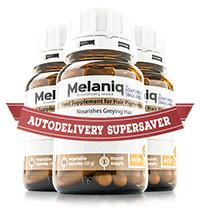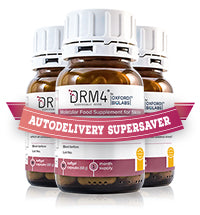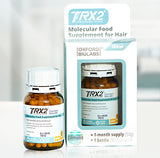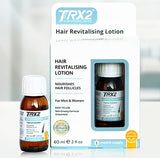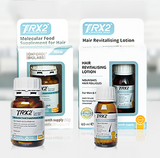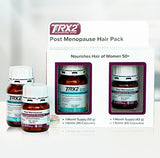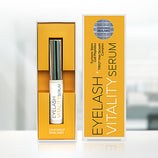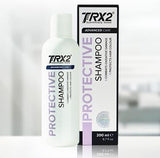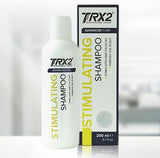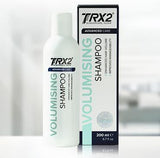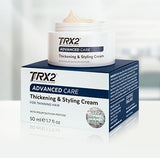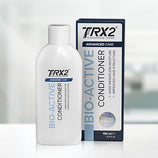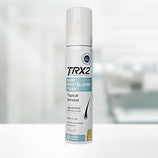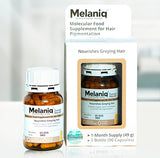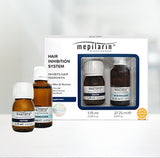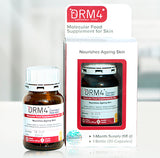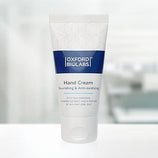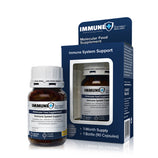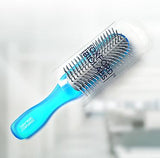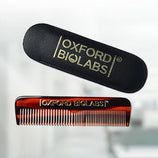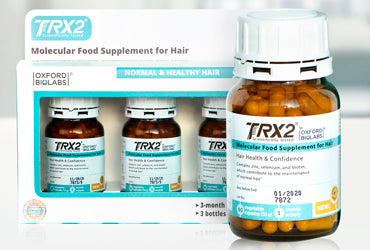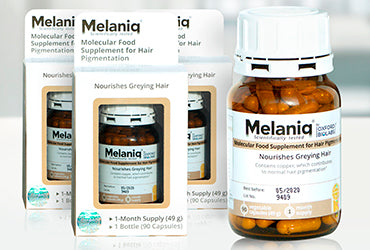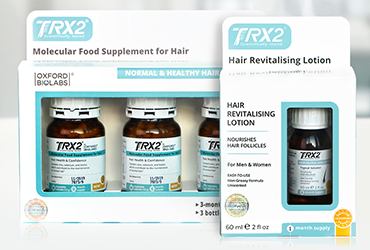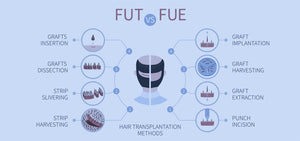Which shampoo ingredients can damage hair?
By historic accounts, shampoo was first brought to England in the 18th century from India. The word shampoo comes from the Sanskrit word chapayati which means to press, knead, soothe. In ancient India, various plant extracts and herbs were used to clean the body and scalp.
Today, the world is inundated with shampoos and hair products, many of which may be triggering hair loss. What makes shampoo good and what can make it bad? Are there special shampoos for hair loss that actually work? And on the other hand, what ingredients in shampoos can damage hair?
The recipe for healthy hair
Healthy hair is an accomplishment. It should look clean, be soft, shiny, and manageable. It should have a natural bounce and shouldn’t be dry or frizzy. To achieve optimal hair health, one requires good overall health and a proper, regular hair care routine. A varied, balanced diet goes a long way. Psychological aspects of hair loss are often overlooked, but they can have a deep impact on hair health.
Beauty products target not only the chemical properties of hair, improving protein structure, but also the physical aspects of friction between hair fibres.
What is shampoo and what does it do?
Shampoo is a hair care product designed to clean the scalp and hair. Because sebum (oil) is produced constantly, its buildup can make hair very oily and cause itchy scalp. Shampoo usually consists of a surfactant (sulphates), a co-surfactant, preservatives, fragrances, and other ingredients.
Before, special hair soaps were used by both men and women. Now, beauty and hair science are coming up with new ways to thoroughly cleanse, while not stripping away all the natural hair oils. These shampoos and conditioners are capable of adding weightless volume, visually making hair look thicker while at the same time making hair light and manageable. In essence, it’s a precise balance between cleaning and aesthetics.
What are sulphates and why are they bad?
As mentioned previously, sulphates are surfactants. Their purpose is to bind to dirt and sebum buildup and remove them from the scalp and hair.
The most common types of sulphates are:
- Sodium Lauryl Sulphate (SLS)
- Sodium Coco Sulphate (SCS)
- Sodium Laureth Sulphate (SLES)
- Ammonium Lauryl Sulphate (ALS)
They are widely used in shampoos, industrial cleaners, detergents, and soaps. Does that mean they’re safe? Generally yes. Obviously sulphates can irritate the eyes and mucous membranes. Getting shampoo in one’s eye is rarely pleasant, but to date, sulphates have not been implicated directly with any serious health risks (including hair loss).
Data analysed by the Cosmetic Ingredient Review showed that SLS and ALS, “appear to be safe in formulations designed for discontinuous, brief use followed by thorough rinsing from the surface of the skin. In products intended for prolonged contact with skin, concentrations should not exceed 1 percent.”
In the same report, researchers concluded that while SLES were more irritating and could stick around in hair long after washing, there was inconclusive evidence to recommend not using SLES-containing products.
Compared to other sulphates, SCS is made naturally sourced from real coconuts. It is considered less irritating to the skin and eyes than other sulphates.
What does Silicone-free mean?
Silicones in hair products are special polymers that are used to give extra shine and smoothness to dull hair. Unfortunately, by attaching to hair follicles and the scalp, these silicones prevent it from “breathing” hence they can dry hair out and make it more brittle.
Silicones give a temporary effect of healthy-looking hair, but it doesn’t last. It’s only good for a short boost for dull, limp hair. The other downside to silicones is that they can weigh hair down.
Silicone-free shampoos use natural ingredients to replace the effect that silicone provides. These include vitamin E, panthenol, and coconut oil.
Is all-natural shampoo a better choice?
It is very unlikely that shampoos and conditioners cause hair loss. Some low-quality shampoos could potentially make hair dry, which with underlying problems, could contribute to hair loss. Additionally, harsh hair care products strip away precious proteins and protective oils.
The bottom line is that all the silicones and sulphates can be replaced with natural components that have long-lasting volumising, and hydrating effects. Nourishing shampoo ingredients are readily absorbed into the scalp so they can positively impact hair health, unlike their chemical counterparts.
